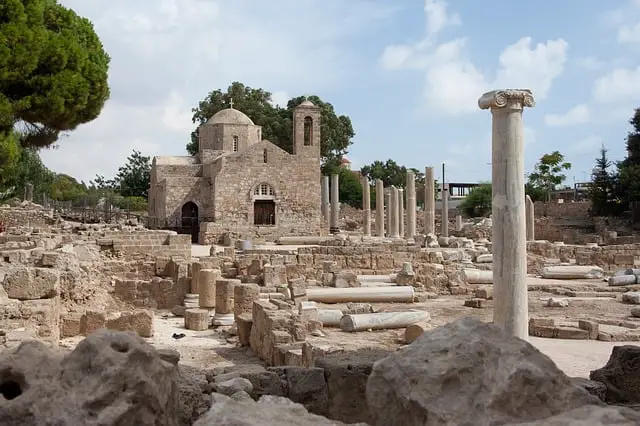A short summary or outline of the epistle to Titus as recorded in the complete summary book of the Old and New Testaments of the Christian Bible – ‘The Bible Brief‘.
Outline of Titus
When Titus was written: Around A.D.66
Who wrote the book: The Apostle Paul (1:1)
People & Places of note: Christ; Paul; Titus
Crete; Nicopolis
Sound-Bites:
“They profess to know God, but by their deeds they deny Him, being detestable and disobedient and worthless for any good deed.” (Ch.1:16)
“Who gave Himself for us to redeem us from every lawless deed, and to purify for Himself a people for His own possession, zealous for good deeds.” (Ch.2:14)
“But when the kindness of God our Savior and His love for mankind appeared, 5. He saved us, not on the basis of deeds which we have done in righteousness, but according to His mercy, by the washing of regeneration and renewing by the Holy Spirit.” (Ch.3:4-5)
The Messianic Link:
He is the Blessed Hope, and our Great God and Saviour. (Titus 2:13)
Titus Summary:
This letter to Titus is similar to Pauls writing to Timothy, in that he is instructing a young Pastor in the fine details of dealing with church life and ministry. He lays down the qualifications for elders and warns against the false teachers and rebellious men in the first chapter.
In the second chapter Paul covers acceptable Christian behaviour and family life, urging Titus himself to lead by good example; and not to shy from using his authority to ‘exhort and reprove.’ (Ch.2:15)
Paul finishes his letter by expressing some personal concerns regarding the needs of individuals within the church, and asks Titus to visit him at Nicopolis as soon as he is able.
Notes & Quotes:
As in the letters to Timothy, Paul really shows his ‘Pastors heart’ in this letter to Titus. This is a church that Paul himself had recently set up, and had now left in the care of his ‘child in the faith’ Titus. However, although he had left Titus in charge, he had not abandoned him to his own devices, and was still helping him out with the many issues involved with running a new church.
This is indeed true discipleship, and a lesson in how to treat not just a new church, but a new Christian. The Great Commission of Mathew 28:19 after all does not call us to make ‘converts’ but rather to make ‘disciples.’

